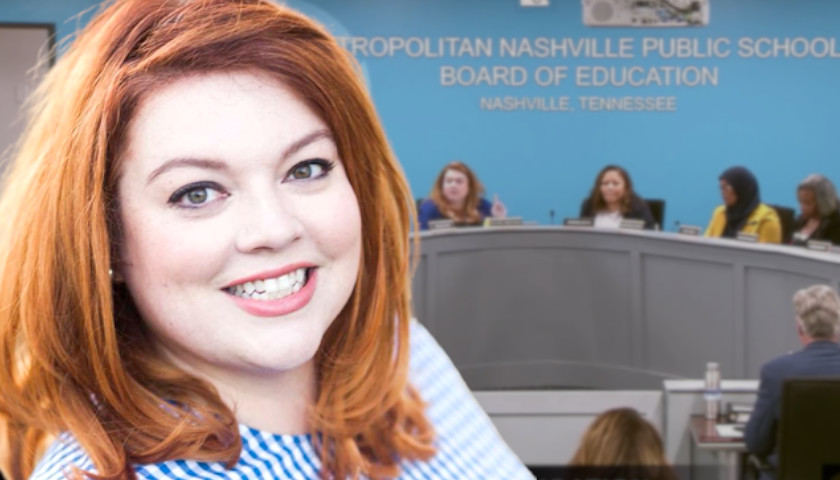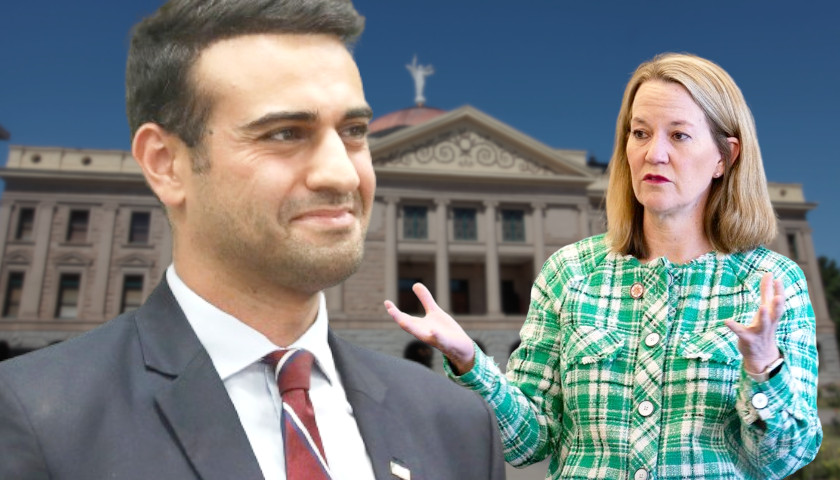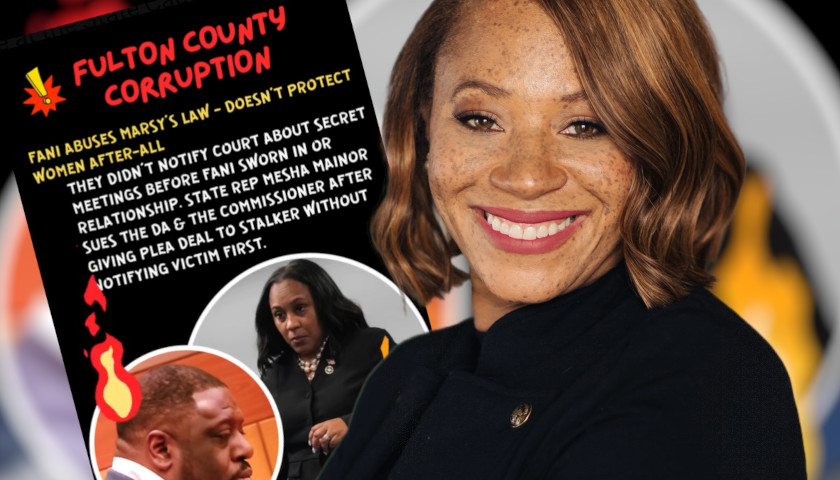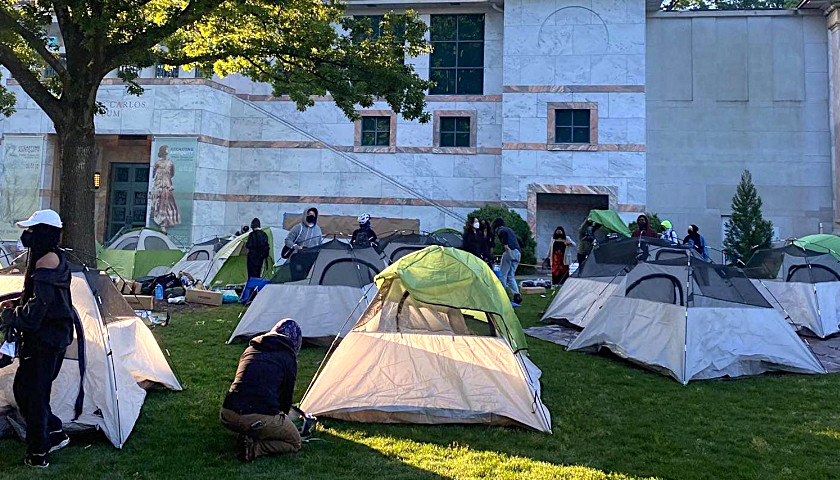The Metro Nashville Public Schools (MNPS) Board changed how it hears from its constituents.
In Chairwoman Rachael Elrod’s view, this is less a change in policy and more of enforcing a policy already in existence. As a result of this new interpretation, the public will be granted more opportunities to address board members publicly but less leeway in what they can talk. Public participation is scheduled at every meeting, but the only topics open during public participation are those included in the published agenda.
In a Facebook post dated January 10, Elrod lays out her reasoning to constituents. She wrote, “Our public participation policy has been in place since 2017 (before I was on the board) and was most recently updated in March 2022. It has said, since 2017, that public participation should “address the board on an item on the agenda.”
She added, “After making sure that internal teams could manage this change in enforcement and with no colleague proposing changes to the policy, I announced that I will begin enforcing this policy in 2023.”
The referenced public commentary policy is 1.404, and the passage cited reads in entirety:
If an individual wishes to address the board on an item on the agenda, he/she may sign up on the form provided before the beginning of the board meeting to request time to speak.
No further guidance is given on how often public participation should be held or where it should fall on the agenda. Comment length is limited to three minutes, but provisions are laid out for longer comments. These comments may be submitted in written form.
The policy sets a process by which the public can add items to the agenda, stating, “Staff members or citizens of the district may suggest items for the agenda.”
It is board policy 1.403 that establishes the guidelines for how MNPS agendas are set. The board chair, in connection with the school superintendent, develops the agenda based on input from members. Any member may place an item on the agenda, but it must be submitted 8 days before the day of the meeting. All meeting agendas must be made available to board members and the public 5 days before the scheduled meeting.
An opportunity to sign up to speak is available up until the time of the meeting’s call to order.
Elrod argued that her goal is to establish the board as “efficient experts.” However, some members of the public argue that she is sacrificing transparency and public input in pursuit of that efficiency.
Amy Pratt, a parent of 3 children enrolled in MNPS, tells The Tennessee Star via email, “Elrod sets the board’s agenda (what they can discuss) and now she only allows the public to comment on matters she approves.”
Pratt said that Elrod’s interpretation allows the board an opportunity to avoid accountability. She said, “If this policy were in place the past two years, the public couldn’t comment on Metro’s long school closures, no-bid contracts, and universal masking. It’s hyper-controlling and stifles public discourse.”
She dismissed the chairwoman’s commitment to transparency.
“It’s especially worrying that she claims this creates open and honest public discussion when she limits what people can say. Shouldn’t a board want to hear from its stakeholders about their concerns and issues?” she said.
Nationally, in the wake of COVID, school boards have come under increased scrutiny from the public. At the heart of that scrutiny is a growing disconnect over what should be considered priorities for schools. This has led to disruptive school board meetings and districts changing their public participation policies.
On one side, parents feel devalued by school leaders. As voiced by Clarice Schillinger, founder of a parent advocacy group, the Back to School PA PAC, who is now running for lieutenant governor of Pennsylvania, in an article in the Washington Post, “Parents have been boxed out; they’ve not been included. They’ve been shut off and shut down at school board meetings.”
Others take a different view. As described by the New York Times, “The disputes at school board meetings, though still framed as disagreements over what is best for students, have grown into a virtually self-perpetuating conflict, with parents rising to decry their opponents’ posts on social media or list the insults that have been directed their way.”
In her Facebook post, Elrod offers guidance on communicating with board members, “Each board member, like all elected officials, handles constituent services differently, but please know that public participation is never your only, nor even your best, opportunity to speak to your representative.”
That advice won’t satisfy everyone. MNPS parent, and Elrod constituent, Sean Root tells The Star via text, “I have tried to reach out to Mrs. Elrod, my Daughter was assaulted last year and she didn’t respond to my emails and thankfully another school board member stepped in, and assisted in getting a positive resolution! Thankfully my Daughter is a Senior and we can put metro schools in the rearview mirror in May!”
The August 10th board meeting was the first in which the new interpretation of the policy was applied. The next board meeting where community members will have an opportunity to speak is scheduled for Tuesday, January 24th.
– – –
TC Weber is a reporter at The Tennessee Star and The Star News Network. He also writes the blog Dad Gone Wild. Follow TC on Twitter. Email tips to [email protected]. He’s the proud parent of two public school children and the spouse of a public school teacher.
Photo “Rachael Elrod” by Rachael Elrod.








